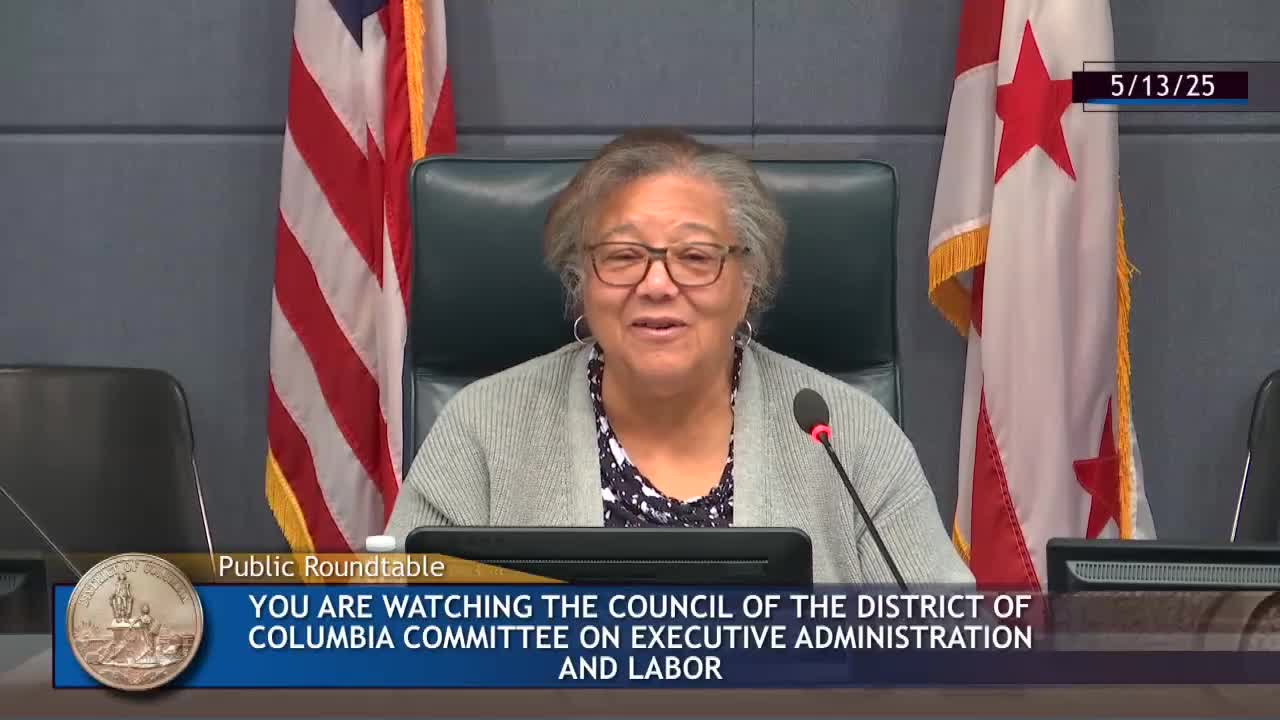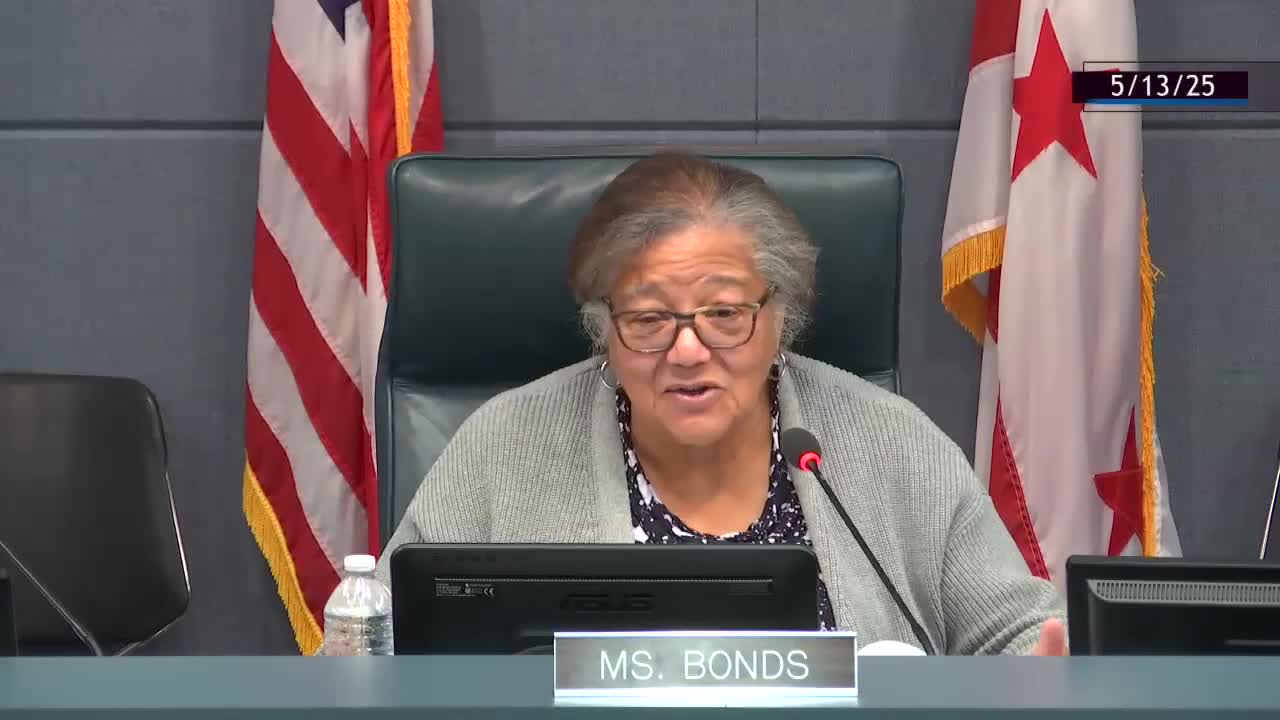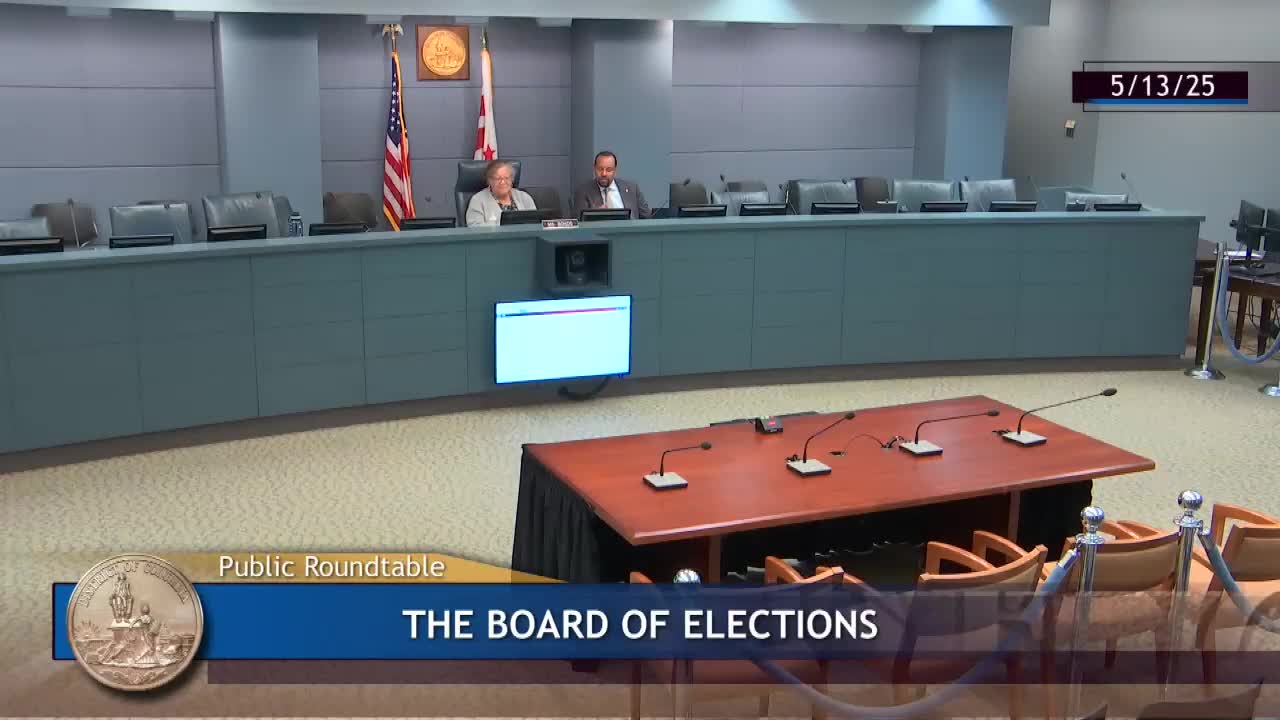Article not found
This article is no longer available. But don't worry—we've gathered other articles that discuss the same topic.

Public witnesses allege petition fraud and whiteout on Initiative 83; Board of Elections says enforcement and challenges are public processes

OANC urges Board of Elections to run ANC special elections; BOE cites staffing and funding limits

